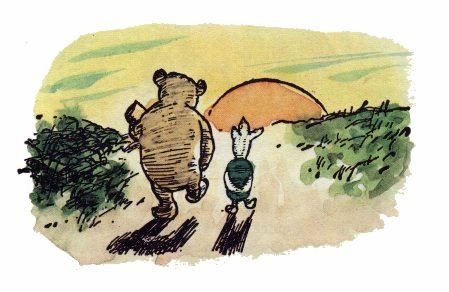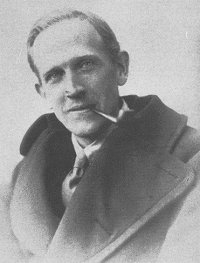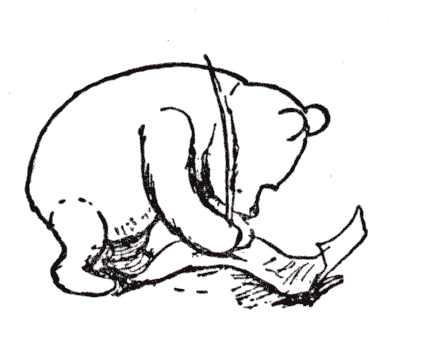While looking through the collected letters of Charles Dickens, I came across a rejection letter Mr. Dickens wrote to an anonymous author.
The letter came as a result of this author’s submission to “All the Year Round”, a weekly published by Mr. Dickens for a great many years until he handed over the enterprise to his son (Charles Jr.). During it’s publication run, the magazine distributed the works of a great many authors in serial form. No doubt this anonymous scrivener sought to join their storied ranks by sending along his three-part manuscript.
I really wish the author had been identified in the book. I’m sort of dying to see how their fortunes turned upon receiving this letter from Mr. Dickens.
In any case, I’ve kept you waiting long enough already. So, without further ado:
Office of “All the Year Round,” Tuesday, Feb. 5th, 1867.
Dear Sir,
I have looked at the larger half of the first volume of your novel, and have pursued the more difficult points of the story through the other two volumes.
You will, of course, receive my opinion as that of an individual writer and student of art, who by no means claims to be infallible.
I think you are too ambitious, and that you have not sufficient knowledge of life or character to venture on so comprehensive an attempt. Evidences of inexperience in every way, and of your power being far below the situations that you imagine, present themselves to me in almost every page I have read. It would greatly surprise me if you found a publisher for this story, on trying your fortune in that line, or derived anything from it but weariness and bitterness of spirit.
On the evidence thus put before me, I cannot even entirely satisfy myself that you have the faculty of authorship latent within you. If you have not, and yet pursue a vocation towards which you have no call, you cannot choose but be a wretched man. Let me counsel you to have the patience to form yourself carefully, and the courage to renounce the endeavor if you cannot establish your case on a very much smaller scale. You see around you every day, how many outlets there are for short pieces of fiction in all kinds. Try if you can achieve any success within these modest limits (I have practised in my time what I preach to you), and in the meantime put your three volumes away.
Faithfully yours.
P.S.—Your MS. will be returned separately from this office.
I have to say that I’ve received a great many rejection letters in my time, some from famously blunt editors. Never have I received anything quite like this… But I wish I had.
A letter like this leaves no room for interpretation. The author has utterly failed in every sense of the word. Not only is the work, as submitted, below even an unsatisfactory grade it leaves the impression that there may be no hope at all of redemption. However, Mr. Dickens does not simply allow his dismissal of the work to shuffle the author off the stage. He goes on to question the author’s heart and commitment to the craft itself, leaving scarce hope that the author may be redeemed (though there is a faint chance).
A letter of this sort is bound to cause one of two reactions: utter despair culminating in abandonment of the craft, or a redoubling of efforts resulting in a breakthrough. For me, I think it is the latter though the former is certainly the first reaction I had.
Nearly 150 years after the fact, I can’t help but hear the words of Mr. Dickens directed at my own works. I cannot help but feel I am playing the role of the wretched man to which he alludes.
Assuming they are honest, what writer could say they feel otherwise? We’ve all been there. We’ve all worked hard to create something we felt was perfect and beautiful only to see it later, though the eyes of another, as a catalyst for weariness and bitterness of spirit (to borrow a phrase).
Still, there is a hope. There is the faithful closure to the letter and the brutal honesty in which to seek comfort. There is a sense that if one begins by aiming lower, one might acquire the skills to dare for something more grand.
This is really what writing comes down to. It’s a battle in the trenches, a successive piling on of failures, until at some point there is a breakthrough or better yet a real understanding of what one is trying to achieve and sense of how to reach that destination.
Keep writing.



